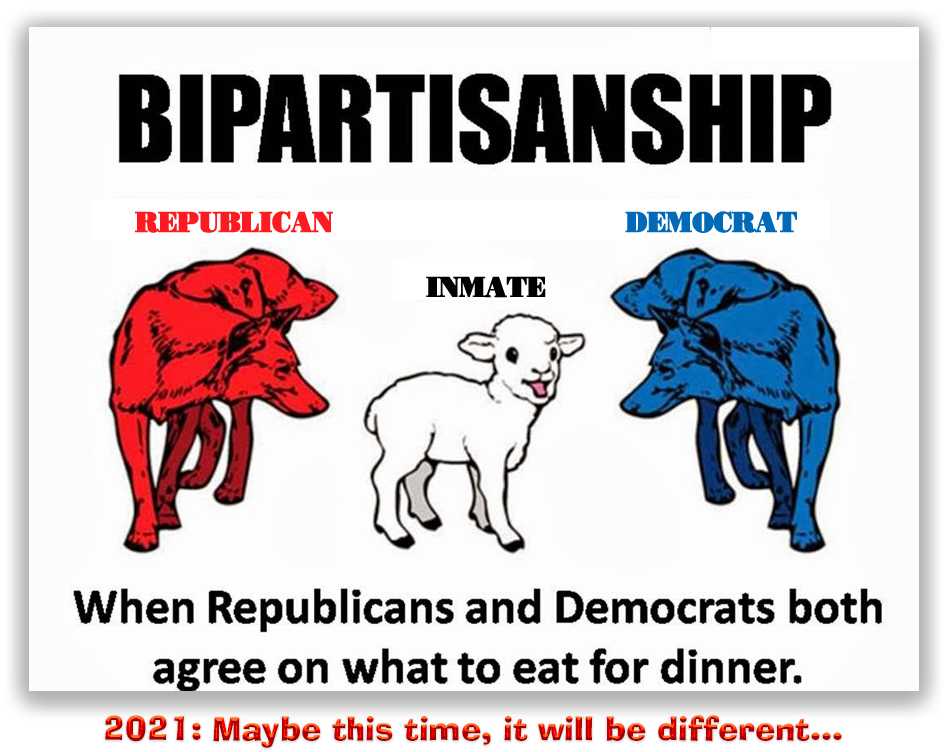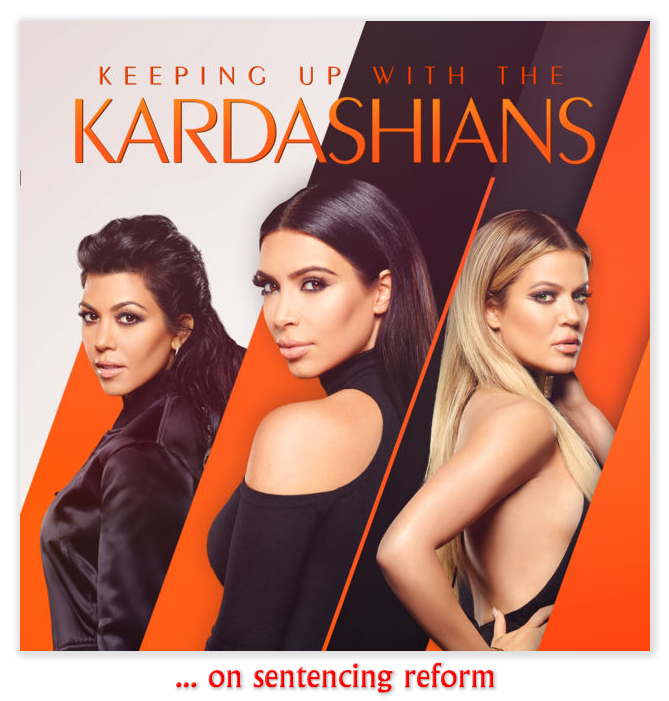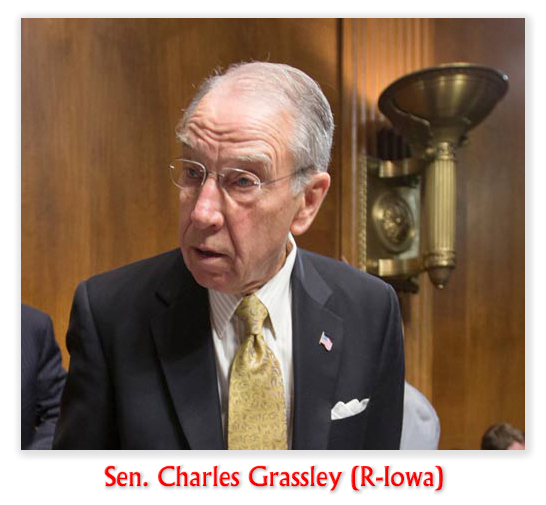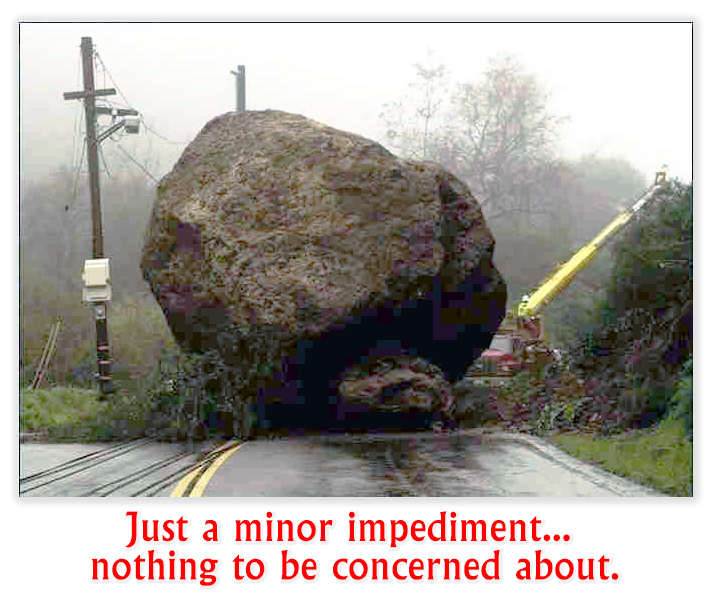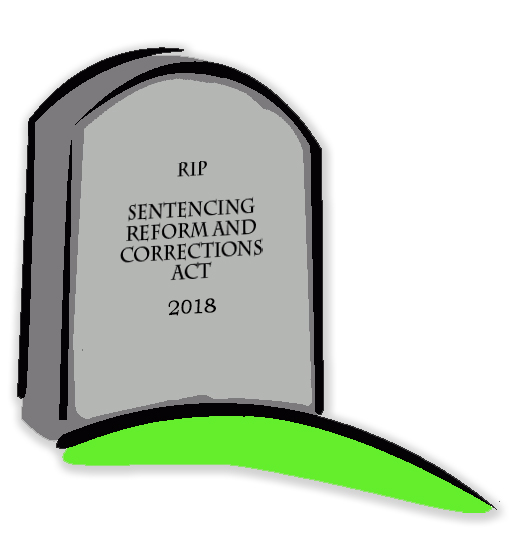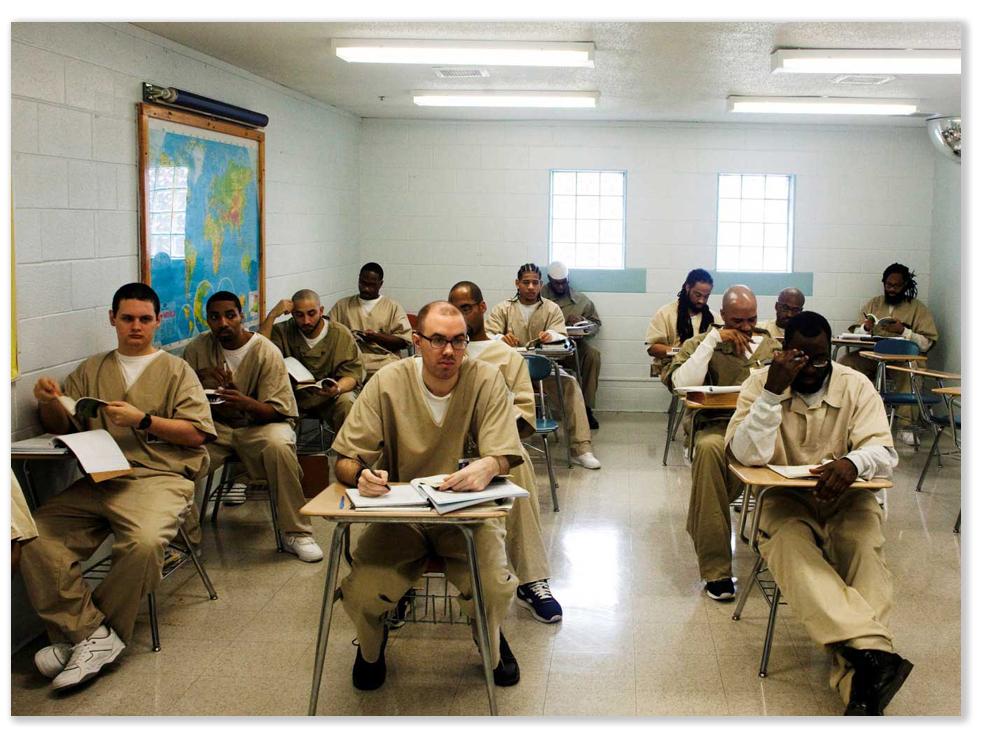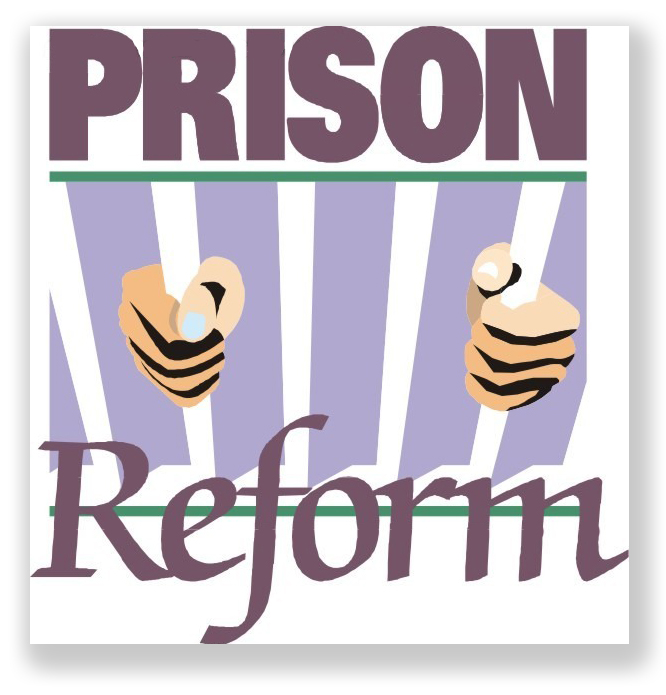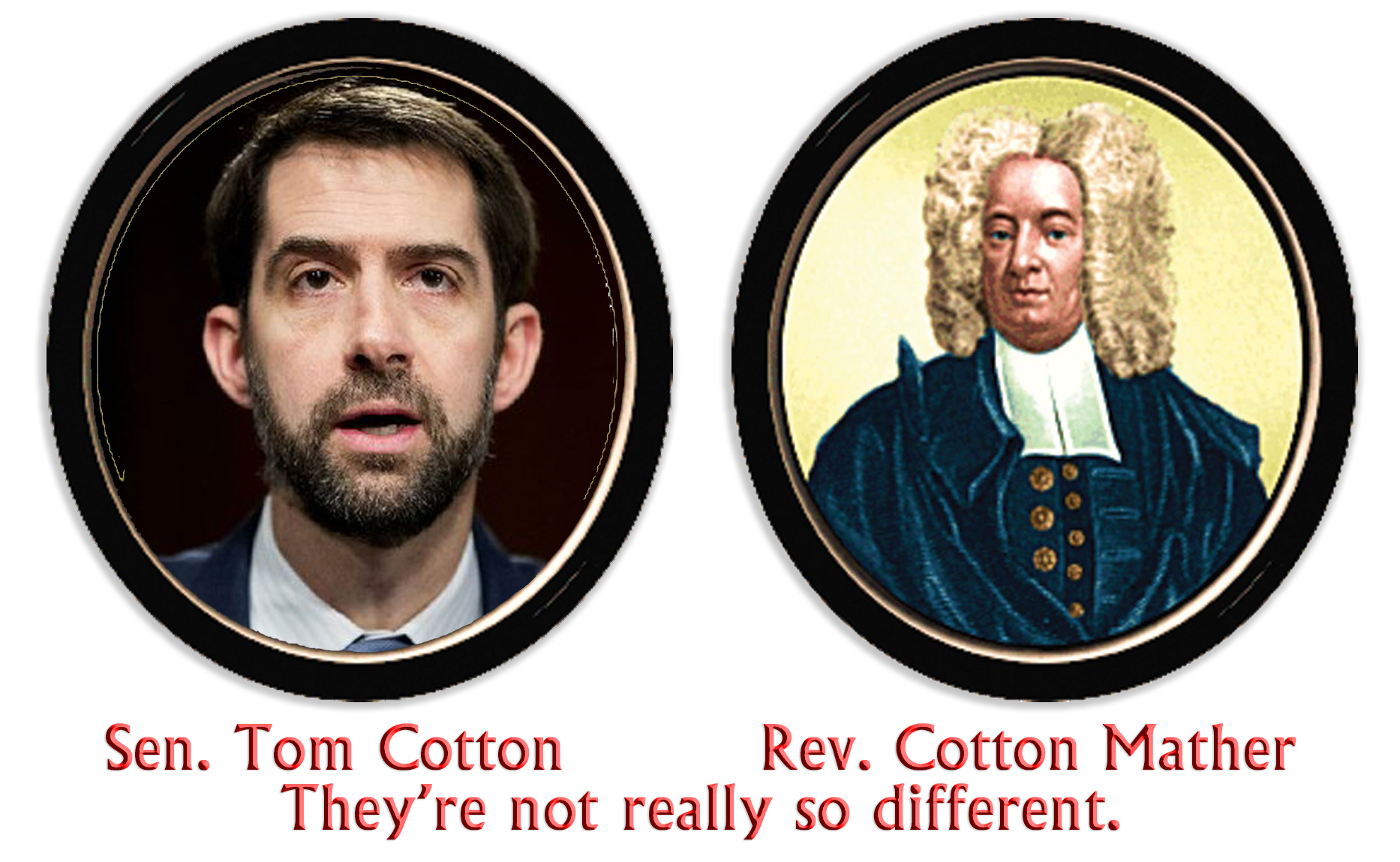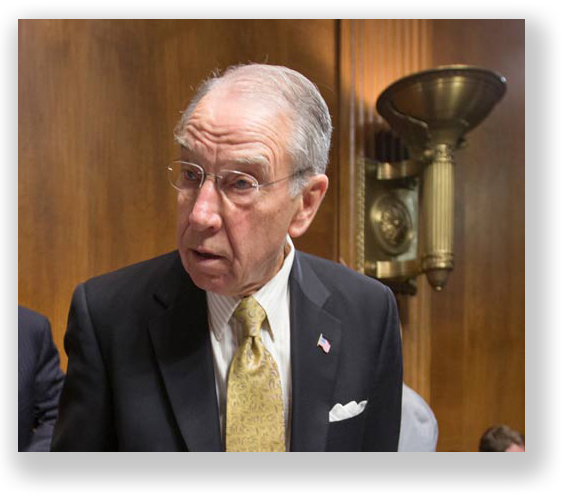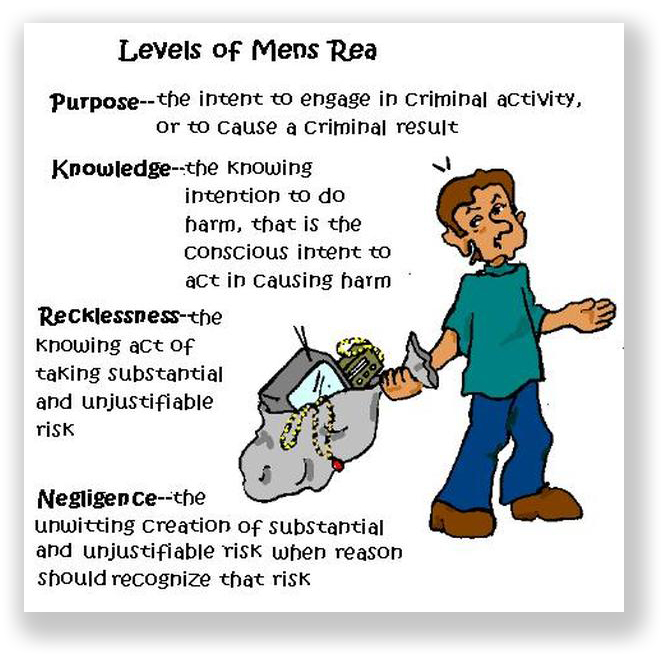We post news and comment on federal criminal justice issues, focused primarily on trial and post-conviction matters, legislative initiatives, and sentencing issues.

THE FUTURE OF EVERYTHING
Donald Trump, a guy readers have a lot of common with – felony convictions – has been elected as the 47th President of the United States. Last week, I had more than a few emails from prisoners excited about his election.
 I am not sure why, but at the same time, I am not sure that his re-election is bad for prisoners. Trump loved using private prisons (their stock jumped an average of 37% last week) and putting federal prisoners to death. In July 2020, he resumed federal executions for the first time in 17 years, killing 13 federal prisoners in six months. However, Trump also signed the First Step Act, the biggest piece of federal criminal justice reform in over 50 years, if not ever.
I am not sure why, but at the same time, I am not sure that his re-election is bad for prisoners. Trump loved using private prisons (their stock jumped an average of 37% last week) and putting federal prisoners to death. In July 2020, he resumed federal executions for the first time in 17 years, killing 13 federal prisoners in six months. However, Trump also signed the First Step Act, the biggest piece of federal criminal justice reform in over 50 years, if not ever.
Trump is a wild card. A lot of what happens on anything “will depend on his priorities or even whims,” as The Reload put it last weekend. Trump officials from his last administration told the Washington Post that Trump initially refused to support the initiative but changed his mind only after senior aides predicted it would better his standing in 2020 among Black voters. “Months later,” the Post reported, “when that failed to materialize, Trump ‘went shithouse crazy,’ one former official said, yelling at aides, ‘Why the hell did I do that?’”
So what do the next four years hold for criminal justice reform and the Federal Bureau of Prisons?
So far this week, we have considered Trump and firearms (Tuesday), and Trump and marijuana (yesterday). Today, it’s Trump and sentence reform and clemency. We consider Trump and the BOP on Friday.
THE FUTURE OF SENTENCE REFORM AND CLEMENCY
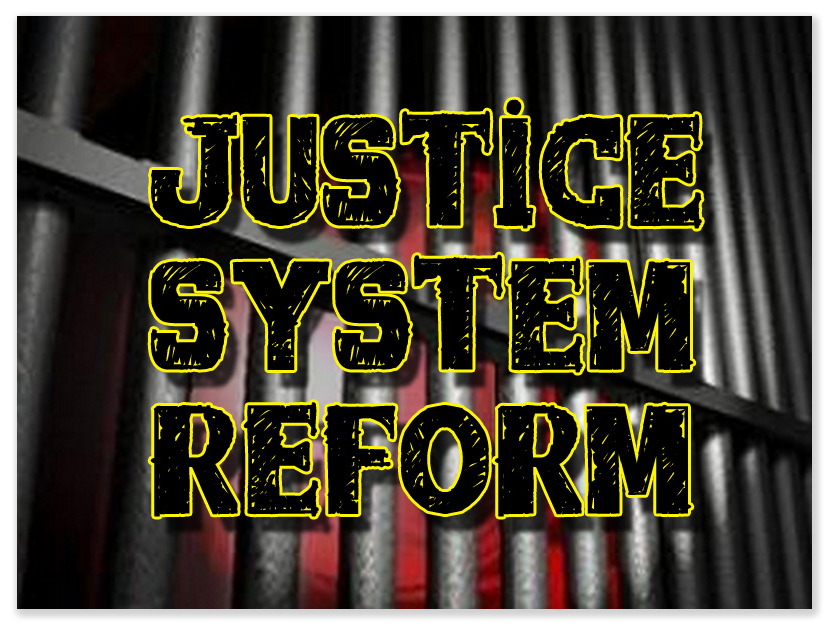 Throughout his campaign, Trump signaled he would resume federal executions if he won and make more people eligible for capital punishment, including child rapists, migrants who kill U.S. citizens and law enforcement officers, and those convicted of drug and human trafficking.
Throughout his campaign, Trump signaled he would resume federal executions if he won and make more people eligible for capital punishment, including child rapists, migrants who kill U.S. citizens and law enforcement officers, and those convicted of drug and human trafficking.
During the press conference announcing his candidacy for president two years ago, Trump said drug traffickers “are terrible, terrible, horrible people who are responsible for death, carnage and crime all over the country… We’re going to be asking everyone who sells drugs, gets caught, to receive the death penalty for their heinous acts.”
Trump’s position has raised concerns among criminal justice reform advocates, who fear a revival of his first-term policies, which saw 13 federal executions during the height of COVID, including the first woman executed in nearly 70 years, the youngest person based on age when the crime occurred (18 years old), and the only Native American on federal death row.
His pre-election rhetoric suggests that Trump will not be championing reduction in mandatory minimums during his term as president.
It’s hard to take seriously the notion that the Dept of Justice will take a lead on any substantive issue after Trump announced that Matt Gaetz – who came a hair’s breadth from being indicted by the DOJ – will be the next Attorney General. The New York Times reported last night that “Senate Republicans reacted with alarm and dismay to President-elect Donald J. Trump’s decision… and several said they were skeptical that he would be able to secure enough votes for confirmation.”
“He’s got his work really cut out for him,” Senator Joni Ernst, Republican of Iowa, said, chuckling as she spoke.
Senator John Cornyn (R-TX), a member of the Judiciary Committee, said, “I’m still trying to absorb all this,” he said. Mr. Cornyn later told reporters: “I don’t really know him, other than his public persona.”
The New Republic reported last night that when he was asked if he thought Gaetz has the character and experience needed to be attorney general, Representative Mike Simpson (R-ID) replied, “Are you shittin’ me, that you just asked that question? No! But hell, you’ll print that and now I’m going to be investigated.”
 Biden promised to set up a commission that would bring order to the clemency process, but – other than having the DOJ Pardon Attorney throw out thousands of petitions that had been on file for a long time – he failed to perform.
Biden promised to set up a commission that would bring order to the clemency process, but – other than having the DOJ Pardon Attorney throw out thousands of petitions that had been on file for a long time – he failed to perform.
Biden has about two months to act on the nearly 7,700 petitions on file. Frankly, if the Administration has any sense of self-preservation, expect a large number of preemptive pardons for Biden administration employees and others that Trump has threatened with prosecution when he takes office.
There will definitely be two pardons in the next three weeks, but those will be a pair of turkeys. As for whether Biden will take a whack at any of the 7,700 pending applications before he leaves town on January 20th is anyone’s guess.
As for Trump, he has said repeatedly that he would pardon people convicted in connection with the January 6th Capitol riots. He has qualified his promise, saying in July that “if they’re innocent, I would pardon them.” Trump campaign spokesperson Karoline Leavitt told the Washington Post in June that Trump will decide J6 pardons “on a case-by-case basis.”
Trump has said repeatedly he would pardon people convicted in connection with the Jan. 6 Capitol riots, though it’s unclear who among the more than 1,500 charged would be subject to pardons—he told reporters in July “if they’re innocent, I would pardon them,” while his campaign spokesperson Karoline Leavitt told the Washington Post in June Trump would decide “on a case-by-case basis” who to pardon
 Slate observed that in his first term, Trump’s “guiding principle” was that “Trump pardoned those who could benefit Trump.” One commutation that has been promised – at least in the minds of his supporters – is of Ross Ulbricht, the founder of the dark web drug-and-weird stuff marketplace Silk Road. A social media account dedicated to securing Ulbricht’s release said last Friday, “With Trump’s upcoming inauguration, Ulbricht is finally set to be released, bringing an end to his long years behind bars… For Ulbricht’s supporters, Trump’s commitment to commutation signals a landmark moment for criminal justice reform.”
Slate observed that in his first term, Trump’s “guiding principle” was that “Trump pardoned those who could benefit Trump.” One commutation that has been promised – at least in the minds of his supporters – is of Ross Ulbricht, the founder of the dark web drug-and-weird stuff marketplace Silk Road. A social media account dedicated to securing Ulbricht’s release said last Friday, “With Trump’s upcoming inauguration, Ulbricht is finally set to be released, bringing an end to his long years behind bars… For Ulbricht’s supporters, Trump’s commitment to commutation signals a landmark moment for criminal justice reform.”
C-Span, Former President Trump Calls for Death Penalty for Drug Dealers (November 15, 2022)
NBC, Trump wants to expand the federal death penalty, setting up legal challenges in second term (November 9, 2024)
NY Times, Senate Republicans Alarmed by Gaetz Pick as Attorney General Nominee (November 13, 2024)
Slate, Trump’s Pardons Were Way Weirder Than You Remember (October 28, 2024)
Binance Square, ‘Ross Is Coming Home’: Ulbricht’s Family Rejoices as Trump Plans to Fulfill Commutation Pledge (November 9, 2024)
Washington Post, Jan. 6 riot defendants celebrate Trump’s election, angle for pardons (November 10, 2024)
Politico, Trump pledges to commute sentence of Silk Road founder Ross Ulbricht if elected (May 25, 2024)
– Thomas L. Root




